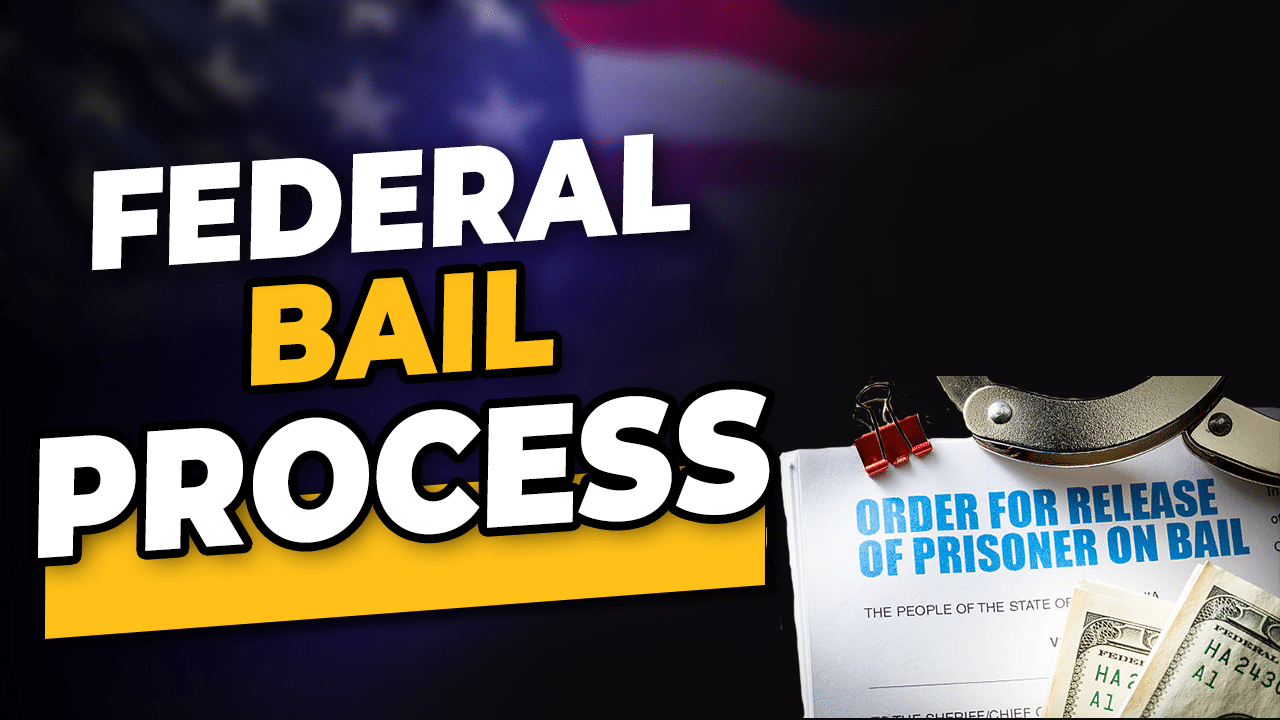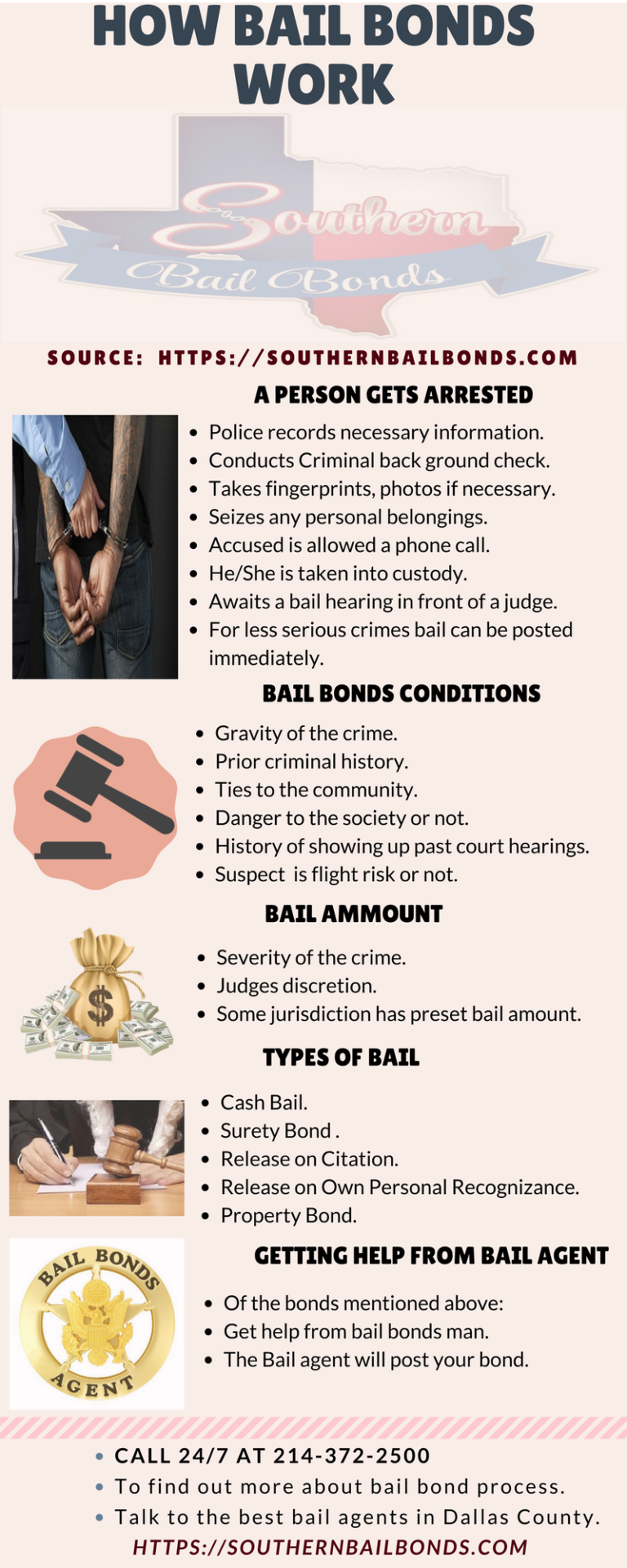Trusted Bail Bonds Dayton Ohio - Rapid and Reliable Service
Trusted Bail Bonds Dayton Ohio - Rapid and Reliable Service
Blog Article
Opening the Secrets of Bail Bonds: A Detailed Summary
Navigating the intricate world of Bail bonds can often really feel like figuring out a cryptic code, with layers of intricacy that stay hidden to numerous. From the numerous kinds of Bail bonds available to the crucial duty of a co-signer, each element plays an essential part in this lawful procedure. As we unravel the web of ins and outs bordering Bail bonds, a clearer understanding emerges, dropping light on the mechanisms that underpin this system. Join us as we delve much deeper into the nuanced elements of Bail bonds, uncovering the keys that exist within and debunking this often opaque world.
Recognizing Bail Bonds Process
When dealing with a lawful scenario that requires posting Bail, understanding the Bail bonds process is crucial to navigate the intricacies of the judicial system effectively. Bail bonds act as an economic assurance to the court that the defendant will stand for all required court appearances. This procedure entails a bondsman, that normally charges a non-refundable charge, generally around 10% of the total Bail amount, to upload the Bail in behalf of the offender.

In addition, collateral, such as residential property or possessions, might be required to safeguard the bail bond. Comprehending the conditions of the bail bond arrangement is necessary to guarantee conformity and prevent any type of additional lawful consequences. By understanding the Bail bonds process, individuals can make enlightened choices when navigating the legal system.
Kinds Of Bail Bonds Available
The most usual type is a surety bond, where a bail bondsman pays the full Bail amount on behalf of the offender in exchange for a non-refundable cost, usually around 10% of the complete Bail. Cash bonds need the complete Bail quantity to be paid in cash before the offender can be launched.
Additionally, there are federal Bail bonds for situations involving government costs and immigration bonds for individuals detained by Immigration and Traditions Enforcement (ICE) Recognizance, or signature bonds, are given based on the offender's assurance to show up in court without calling for any kind of repayment. Finally, transfer bonds are utilized when an accused is detained in a various state and requires to publish Bail to be released. Understanding the various sorts of Bail bonds available can aid accuseds navigate the legal procedure better.
Obligations of the Co-Signer

Additionally, as a co-signer, you are answerable for guaranteeing that the accused follows any type of conditions established by the court, such as attending therapy or avoiding specific tasks. It is necessary to keep open interaction with the offender to check their conformity and attend to any problems promptly. Eventually, being a co-signer entails a substantial degree of trust fund and obligation, as you are economically and legitimately tied to the offender's Bail commitments.
Repercussions of Missing Bail

Avoiding Bail can have serious legal consequences for both the Resources defendant and the co-signer associated with the bail bond arrangement. When a defendant stops working to show up in court as required after uploading Bail, the court typically issues a warrant for their arrest. This not only exacerbates the defendant's legal problems but additionally places the co-signer at threat.
For the offender, avoiding Bail can bring about additional criminal costs, such as contempt of court or Bail leaping, which can result in penalties, a revocation of Bail privileges, and even imprisonment. Furthermore, the accused might shed the Bail quantity paid and any kind of security supplied.
Co-signers likewise encounter considerable repercussions if the defendant misses Bail. As the co-signer assures the defendant's appearance in court and is monetarily responsible for the full Bail quantity, they might be needed to pay the whole Bail if the accused absconds. This can bring about financial strain, damaged credit scores, and potential lawsuit against the co-signer.
Key Consider Bail Bond Approval
Extra severe offenses might lead to higher Bail amounts or also a denial of Bail entirely. A history of previous convictions or a pattern of skipping court dates can raise red flags and make it more difficult to safeguard a bail bond.
In addition, the connections the accused has to the community can impact the approval of a bail bond. The capacity to pay the Bail quantity or provide security can raise the possibilities of bail bond authorization. Eventually, a mix of these factors is weighed by the court when identifying whether to authorize a bail bond.
Conclusion
Finally, comprehending the Bail bonds procedure, the types offered, the duties of the co-signer, the consequences of missing Bail, and the vital variables in bail bond authorization are essential for navigating the legal system. By acquainting oneself with these elements, people can make enlightened choices and make sure a smoother process when taking care of helpful resources Bail bonds. It is essential to follow the requirements and guidelines established forth to prevent any kind of possible complications.
The most common type is a surety bond, where a bail bondsman pays the complete Bail amount on part of the accused in exchange for a non-refundable fee, normally around 10% of the total Bail. By signing the bail bond agreement, you are taking on the responsibility of assuring the complete Bail quantity if the defendant fails to appear in court - bail dayton ohio.Missing Bail can have severe legal effects for both the accused reference and the co-signer entailed in the bail bond contract. The capability to pay the Bail amount or supply security can boost the opportunities of bail bond authorization.In final thought, comprehending the Bail bonds process, the kinds readily available, the obligations of the co-signer, the effects of avoiding Bail, and the essential elements in bail bond approval are critical for browsing the lawful system
Report this page